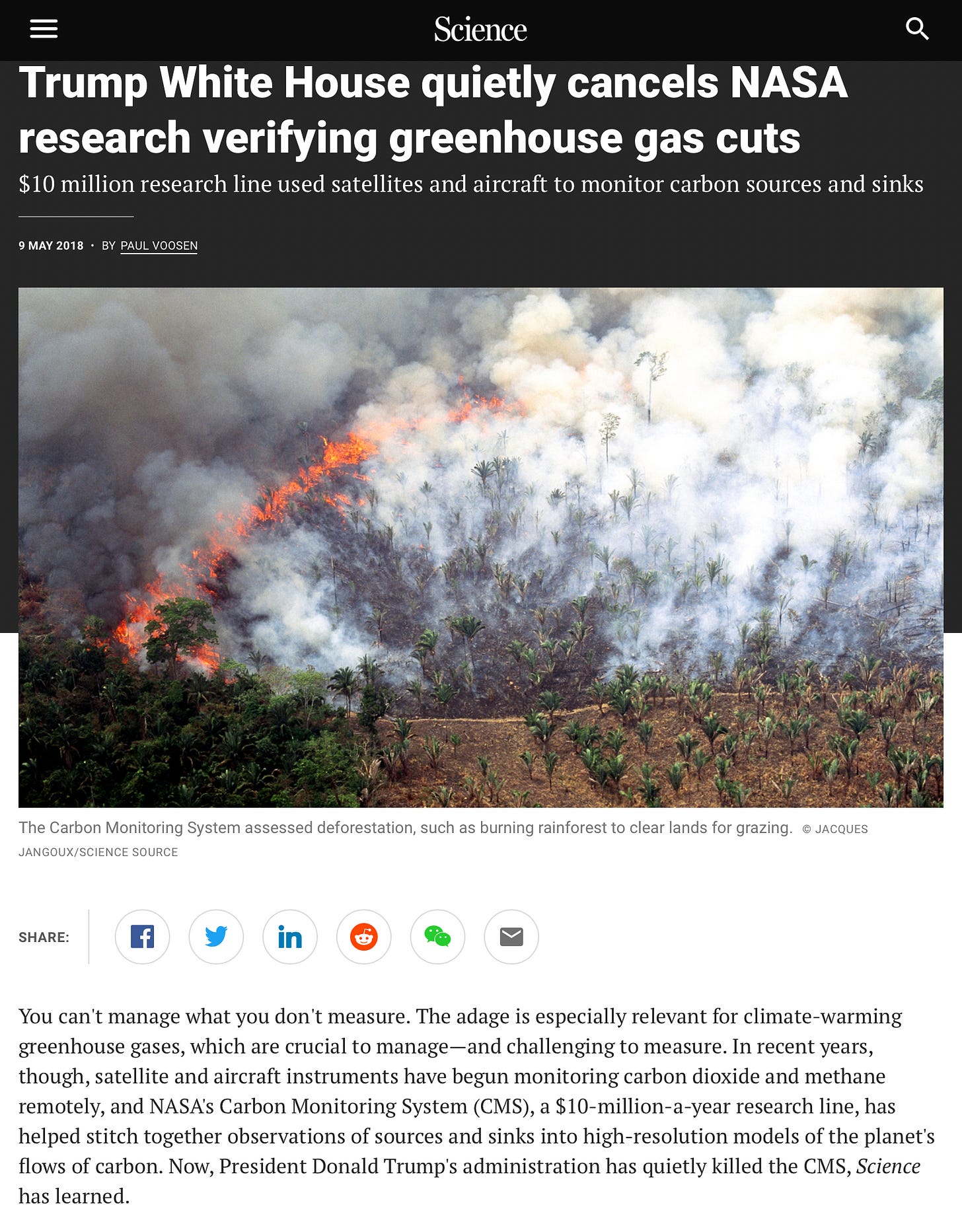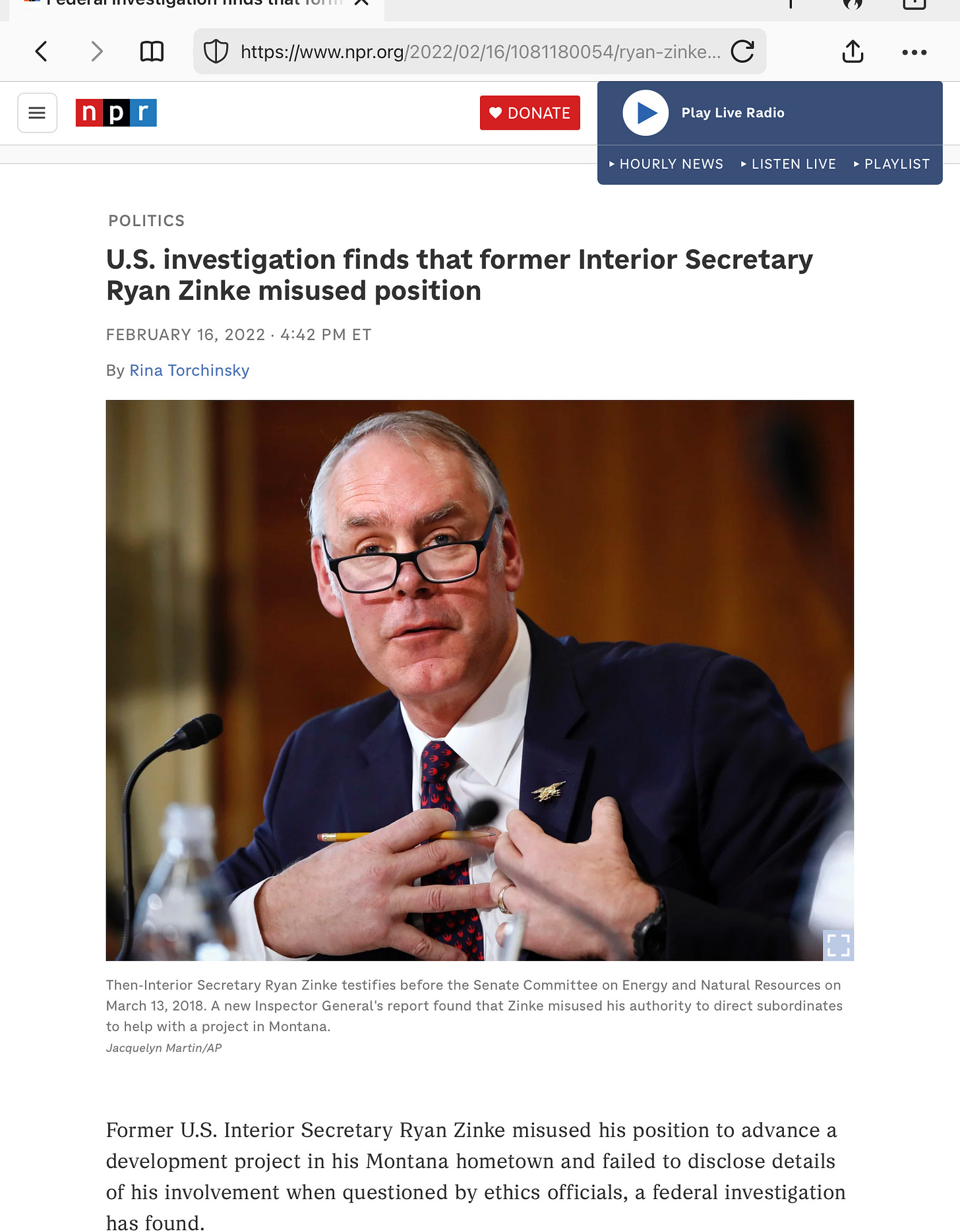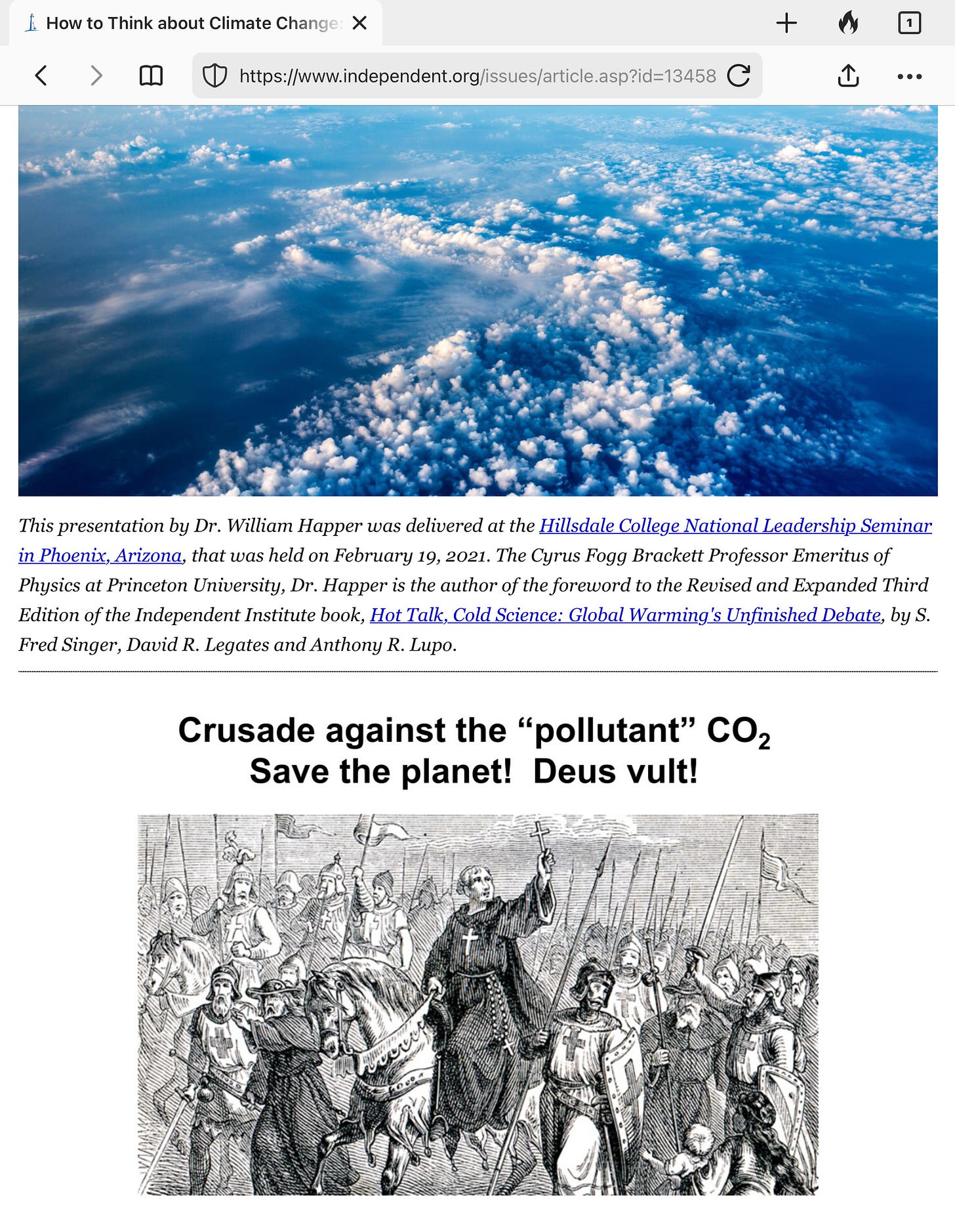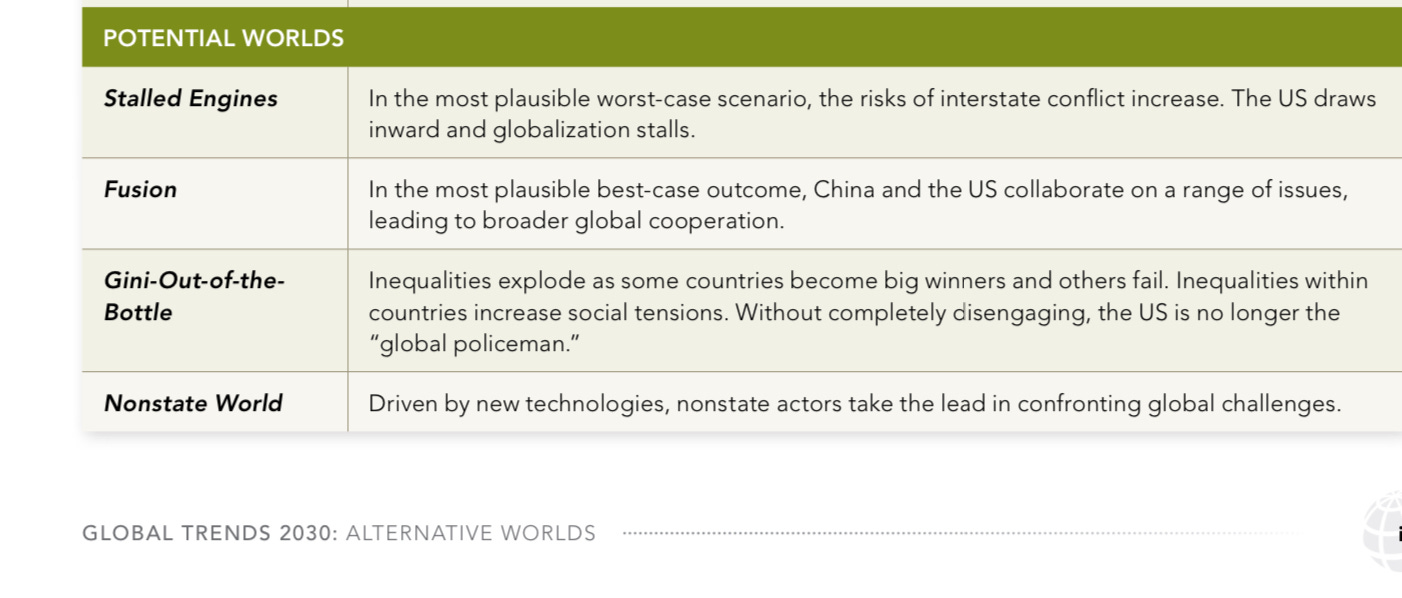As President of the United States, Donald Trump made his first official moves to reset the clock on the future of climate change in his first six months. Looking in the review mirror, anyone with eyes to see can discern his intention to build metaphorical walls separating American life from global life even as he sold his story to American underdogs with promises of building a physical wall for Mexico to fund. In his inaugural address he clearly spelled out his isolationist objectives:
“Every decision on trade, on taxes, on immigration, on foreign affairs will be made to benefit American workers and American families. We must protect our borders from the ravages of other countries, making our products, stealing our companies and destroying our jobs. Protection will lead to great prosperity and strength. I will fight for you with every breath in my body and I will never ever let you down. America will start winning again; winning like never before.”
Behind the scenes on January 20, 2017, non-political professionals working for the Environmental Protection Agency got new instructions: “‘We've been told to stand down,’" an EPA employee told E&E News today. That new directive comes after staff were told yesterday to remove the agency's climate change page from its website….” Detailed information about greenhouse gases, global warming, and clean energy initiatives was either taken down or replaced with text that downplayed the consensus on climate science. Reports surfaced where federal employees were told not to use words on an administrative banned word list related to climate change in official communications
Five days later as the result of a scalding political backlash, word came out that Trump was backpedaling. According to the same account referenced above, scientists and professors in the US and in Canada had been engaged in "guerrilla archiving" since President Trump's election and reported that “…EPA data are now very well-preserved.” Perhaps because Trump realized he would be unsuccessful in forcing a non-disclosure agreement on climate scientists, he stepped back and regrouped on a different tack.
***
While Trump delivered his horrifying and disingenuous inaugural speech about ripping America apart to make the country great again, manipulating the people he claimed to be representing into believing federal politicians rather than corporate oligarchs had captured the trillions of dollars flowing to the 1%, the real damage he wanted to inflict was informational. He wanted to destroy the EPA’s capacity to do research in order to produce actionable knowledge. He wanted a compliant public which would tolerate his unspeakable acts of dehumanization when he selfishly stopped baby steps the international community had taken to avoid climate calamity.
In July, 2017, Trump removed the country from the Paris climate accord, arguing that the accord “…disadvantages the U.S., leaving American workers…and taxpayers to absorb the cost in terms of lost jobs and lower wages and vastly diminished economic production” (Trump, July, 2017); “Thus, as of today, the U.S. will cease all implementation of the…accord and the draconian and financial economic burdens the agreement imposes on our country.”
Two moves one might classify as basic Trumpian literacy skills were made plain in a brief six months. First, a surefire way to win an argument is to shut down knowledge making about the issue. Stop the judges and the courts. Second, make sure that any argument you make advantages you, fabricate any evidence you don’t have, ignore any inconvenient facts, call them fake. Three, steer clear of talking about complex matters; reduce issues to their simplest terms and divide people emotionally.
Then this:
And this:
***
Several known deniers of mainstream climate science (perhaps those who suggested the “drink bleach” strategy) were appointed to various positions within the Trump administration. Scott Pruitt was the Administrator of the Environmental Protection Agency (EPA), known for his skepticism of human-driven climate change. He had a well-documented history of legal challenges against EPA regulations, and in 2018 he resigned under pressure. Serving as the Secretary of Energy, Scott Perry publicly doubted scientific causes of climate change and had previously suggested that the climate crisis was a "contrived phony mess,” according to sources. Perry is now implicated in Trump’s insurrection.
Secretary of the Interior, Ryan Zinke, was questioned and while not denying it outright, he was not convinced about the extent of humanity's contribution to climate change.
William Happer served on the National Security Council as a senior director for emerging technologies. He continues to claim carbon dioxide is not a pollutant, but a benefit to humanity.
Overall, the Trump administration rolled back over 100 climate rules.
***
Possible worlds, global trends publication of the National Intelligence Council (2012)
Trump’s agenda to deemphasize and deprioritize climate science in federal policy-making wasn’t designed to help poor working people. He didn’t and doesn’t care about poor people, judging from his behavior, and in fact is disgusted by them. The collective impact of his moves index an effort to frame climate policy in a way that supported the economic and regulatory objectives, often favoring fossil fuel industries. Follow the money.
*****
Each of Trump’s discursive spheres—public, private, legal—interacts with the others, creating a comprehensive ecosystem where Trump’s narrative can be disseminated and reinforced. His toolkit involves a blend of direct communication, indirect signals, narrative control, repeated misinformation, and simplified messaging to evoke emotional rather than rational responses. The implications for public discourse are considerable, leading potentially to a United States controlled by non-state actors and agents. He has distorted democratic debates and undermined fact-based discussions.
Perhaps keeping him on the ballot is appropriate. Certainly NOT giving him immunity.








